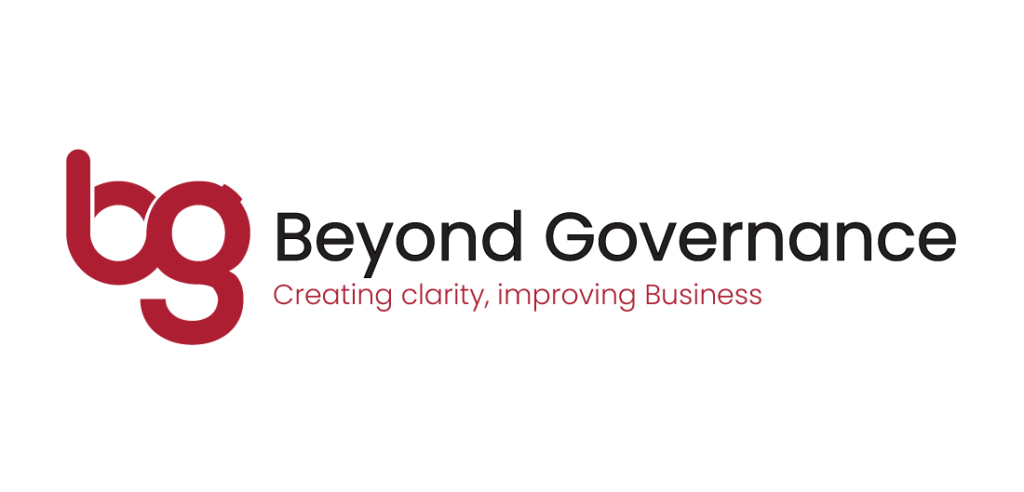The term “Corporate Governance” is familiar to most people but what does it mean to your business?
Simply put, corporate governance is the right people talking about the right things at the right time. It provides a framework to support the decision-making process thereby protecting the directors and enabling your company to deliver on your strategic direction.
“Governance” is not a magic wand to fix all the problems and challenges companies face. It is not simply a legal framework of compliance. The modern approach is to be agile with its application. Unlike law, it’s not black and white.
Law is the “What”, governance is the “How and Why”. This can make the application more challenging as you don’t always know what you need, what you can miss out on or what can help you. Our research shows that business owners and company directors struggle to define their governance framework. This trickles down the organisation and can lead to inefficiencies and challenges. Taking time to understand best practice guidelines is key or alternatively hire someone who is skilled in good governance.
The one thing missing from every boardroom is a crystal ball. Directors will continue to make the wrong choices no matter how strong the governance is because we live in an uncertain world. However, governance provides mitigation against risk and will help reduce the number of surprises which will come along. Risk will never disappear, but horizon scanning can help prepare for oncoming challenges.
SMEs looking to expand or perhaps attract outside investment are already successful. Founders have created successful business and are already doing plenty of things right. The benefit of good governance is that it helps a company demonstrate it is doing the right things. Often, a company in this position only needs to document and articulate the processes it already has in place and tighten some of its controls and terminology. Adding some formality & structure is a quick way to raise the standards as you look to grow.
Providing templates, timetables and a structure for the record keeping is essential and necessary to ensure the right outcomes. A strong governance framework creates a more robust, resilient, and responsive state for your business. It will also give the directors more confidence that their company could stand up to external scrutiny or a due diligence exercise. Any prospective lender, investor or potential non-executive director would expect to see an effective governance framework in place.
Implementing a framework which is right for your organisation will add value. The company probably won’t look any different, but it will feel different. It won’t just be the directors who notice the change either, a strong governance framework will permeate throughout your organisation. One way to maintain direction and ensure that old habits don’t return is to ensure the company has a governance champion. Companies will have people in charge of finance, operations, IT and sales but often won’t have thought of assigning a governance professional to support the decision-making process. This is a key role in any organisation trying to take the step from owner/managed business to achieve growth.
Governance is decision making and decision making is the way things get done in an organisation. In short, an organisation’s health and longevity can be measured by its governance framework.
In the past year our team have conducted governance reviews across many industries. The reviews provide a report on the quality of the organisation’s governance at a point in time and will help the board identify weaknesses and provide possible next steps should it be decided that further action is necessary. These actionable insights are the first steps to raising the standard of your governance framework.
- Purpose and leadership – How clear is the Board about its purpose and does it drive decision making? Is there clarity on culture and is the organisation’s purpose and values part of its employee behaviours?
- Board composition – Is the board effective and does it provide strategic leadership in line with the organisation’s purpose and values? Does the Board review the right materials and in the right level of depth?
- Director responsibilities – Is there integrity of board information? Is there sufficient delegation and accountability across the organisation?
- Opportunity and risk – Does the board ensure that its decision-making processes are informed, rigorous and timely? Are delegation, control and risk assessments effective?
- Remuneration – Are remuneration structures sufficient to secure and retain directors, senior management and the general workforce? Are appropriate policies in place?
- Stakeholder relationships and engagement – Is the right level of stakeholder engagement taking place?
Contact us today to learn how a Governance Review can help you benchmark your organisation\’s governance and what your next steps should be to raise the standard.




